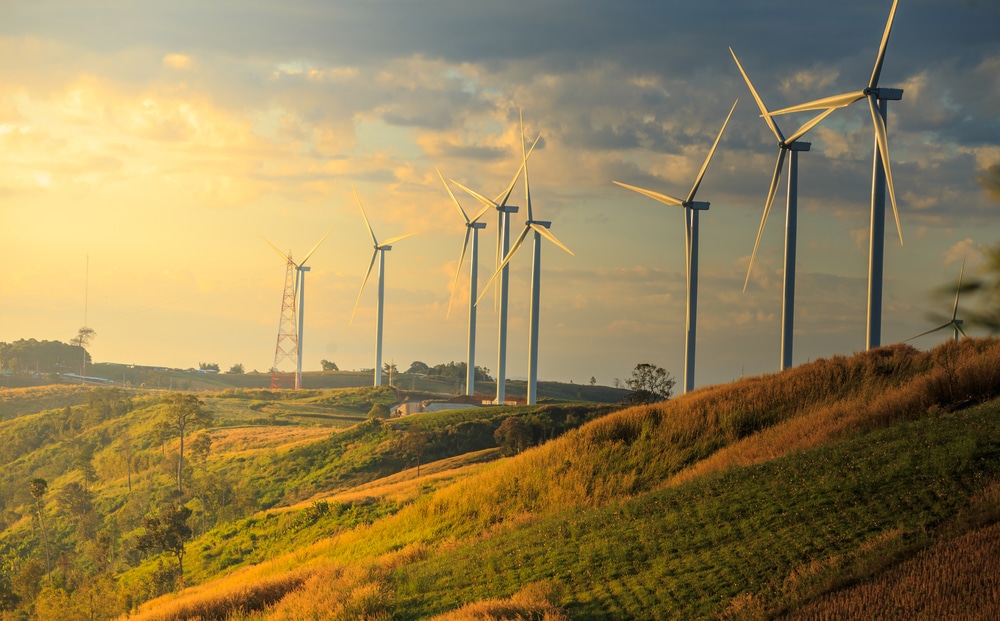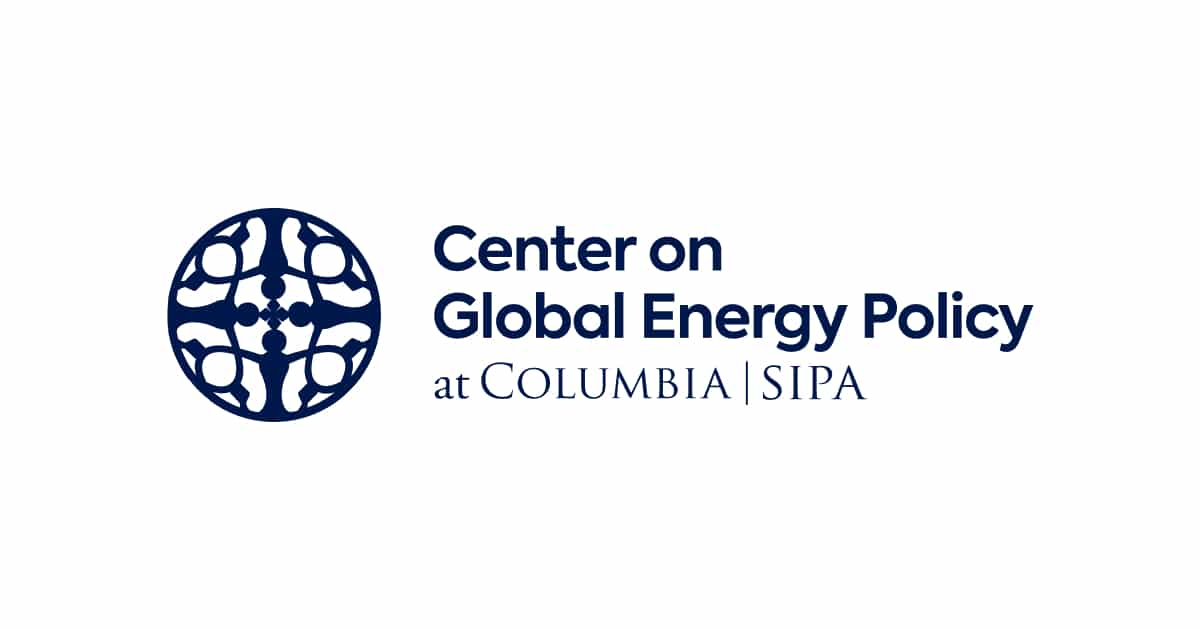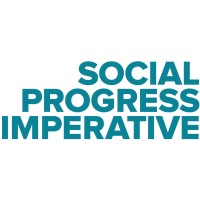In the post-corona world, “renewable energy is more cost-effective than ever – providing an opportunity to prioritize clean energy in economic recovery packages and bring the world closer to meeting the Paris Agreement goals.” The United Nations Environmental Programme and Bloomberg New Energy Finance investigate the trends in renewable energy investments for the past year in context of the past decade as well as the decade ahead of us.
Key insights:
- Private and public actors are committed to add ~826 gigawatts of “non-hydro renewable power capacity in the decade to 2030, at a likely cost of around $1 trillion.” This is much less than would be needed to limit temperature increases to less than 2 degrees Celsius and are dwarfed if compared to the $2.7 trillion invested during the 2010-2019 decade.
- In 2019 newly added non-hydro renewables accounted for 184 gigawatts, 20GW more than in 2018. The rapidly “falling costs meant that this record commissioning of green gigawatts only needed” a year over year investment increase of 1% to $282.2 billion.
- Developing countries (including India and China) outpaced developed ones in their investments with “$152.2 billion, compared to $130 billion.”
- Renewables are rapidly outpacing unsustainable fuel sources. “Nearly 78% of the net gigawatts of generating capacity added globally in 2019 were in wind, solar, biomass and waste, geothermal and small hydro.”
- Renewables made up 13.4% of global power generation in 2019, up from 12.4% in 2018 and 5.9% in 2009. However, the “large, established fossil fuel fleet” makes quicker growth hard, without government interference.
- Costs are fell rapidly in the last decade: 83% for solar PV, onshore wind 49%, and offshore wind 51%.
Find the full report here.




